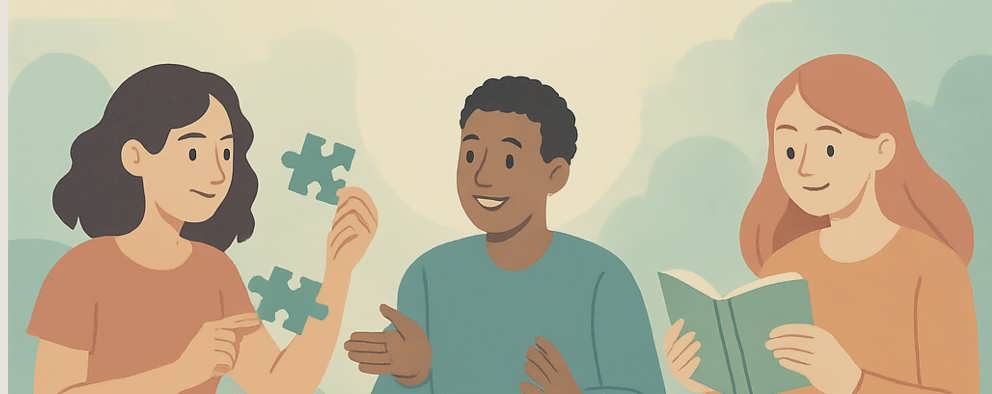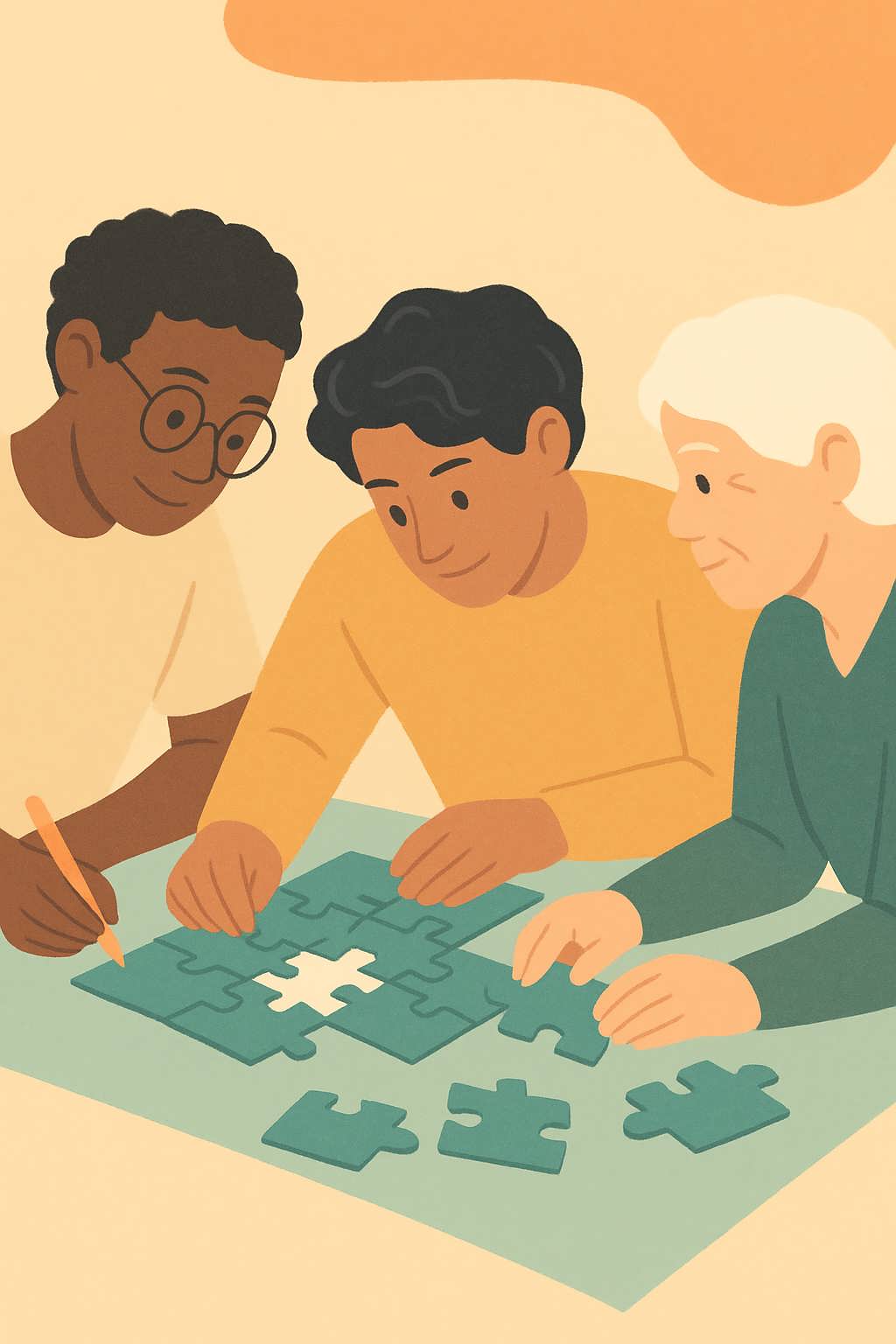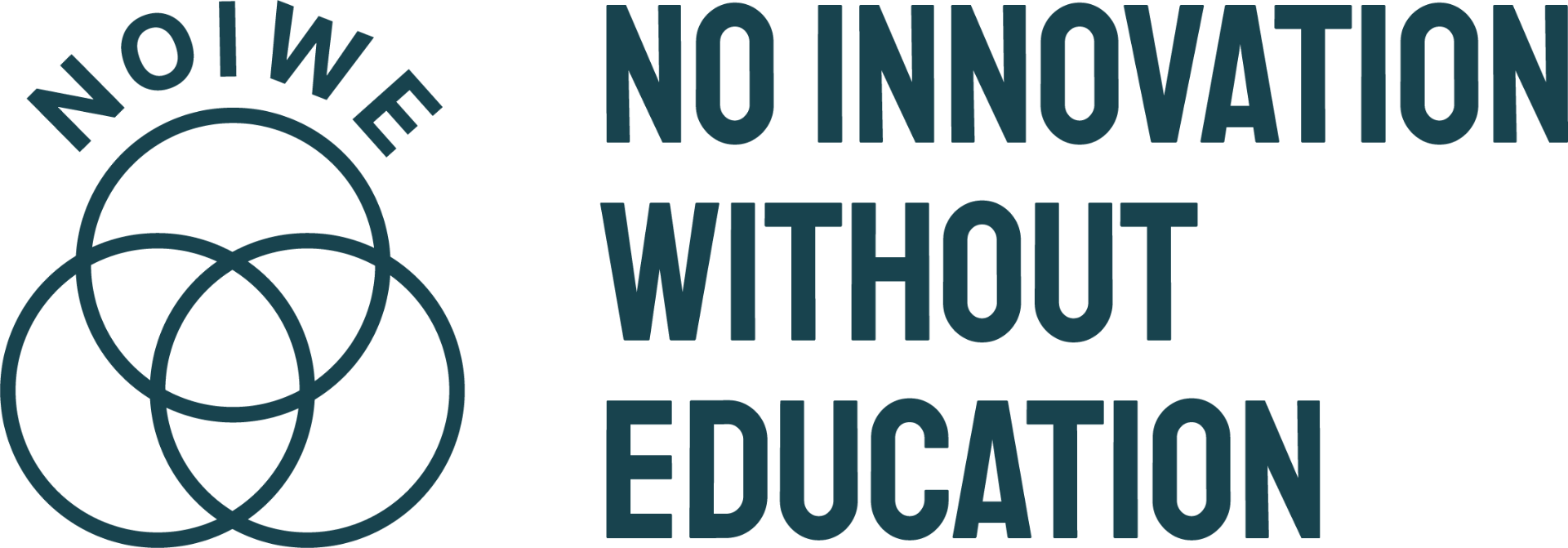TEP APPROACH
Building on pioneering work in education worldwide, Transformative -Emancipatory Pedagogy (TEP) promotes a new approach to teaching and learning
Transforming self, empowering communities
TEP is a holistic and inclusive method that sees diversity as a strength

Grounded in cutting-edge Research
TEP is a scientific pedagogy — developed through extensive interdisciplinary research in social and educational sciences, tested in diverse contexts worldwide, and continuously refined through collaboration with educators, scholars, and communities
WHAT IS UNIQUE ABOUT TEP
TEP transforms the learning journey into holistic and dynamic participatory experiences.
Through dialogue, puzzles, role-plays, games, and collaborative projects, education turns into an immersive journey that builds critical thinking, empathy, and action
These tools are not add-ons or “extras”; they are at the very core of how TEP works

TEP combines four key dimensions of learning
Minds
Cognitive
Understanding, reasoning, and knowledge acquisition of self, communities, and society
Hands
Practical
Exercising critical thinking and applying skills in real-world contexts, including peer collaboration
Hearts
Emotional
Nurturing socio-emotional awareness, empathy, and political emotions, fostering human connection and resilience
Action
Action-oriented
Transforming knowledge and reflection into concrete engagement and societal impact
ABOUT TEP
Definition of TEP
“A holistic paradigm designed to humanize education by integrating individual, relational, socio-political, and earth-centered dimensions of learning. TEP equips learners and educators to engage with complex realities through care, dialogue, and action.”
_Teresa Cappiali
Why We Do What We Do
“This work aims to bring us together and create the conditions through which we can empower young people to reimagine the world they deserve to inherit.”
_Teresa Cappiali
Why TEP Now
“We live in a world shaped by inequality, trauma, ecological collapse, and distrust in knowledge. Education can no longer remain neutral. TEP responds by creating environments where learning becomes healing, and where care and justice are not optional but essential.”
_ Teresa Cappiali
Why a Humanizing Education for All
“In TEP, a humanizing pedagogy refers to an educational practice that affirms the full dignity and agency of all learners, emphasizing the power of education to transform both individuals and societies.”
_Teresa Cappiali
Philosophical Foundation
“Education is not transmission but transformation — guiding the natural development of the child as a whole human being.”
_Maria Montessori
Conscientization
“Learning is a critical process which depends upon uncovering real problems and actual needs. Combined with action, moreover, critical awareness provides an opportunity to empower the learners and encourage them to transform the world accordingly.”
_Paulo Freire
BECOME PART OF THE SOLUTION!
Through our academy and services, we provide educators and facilitators with step-by-step methods to integrate TEP into classrooms, NGOs, universities, and community spaces
